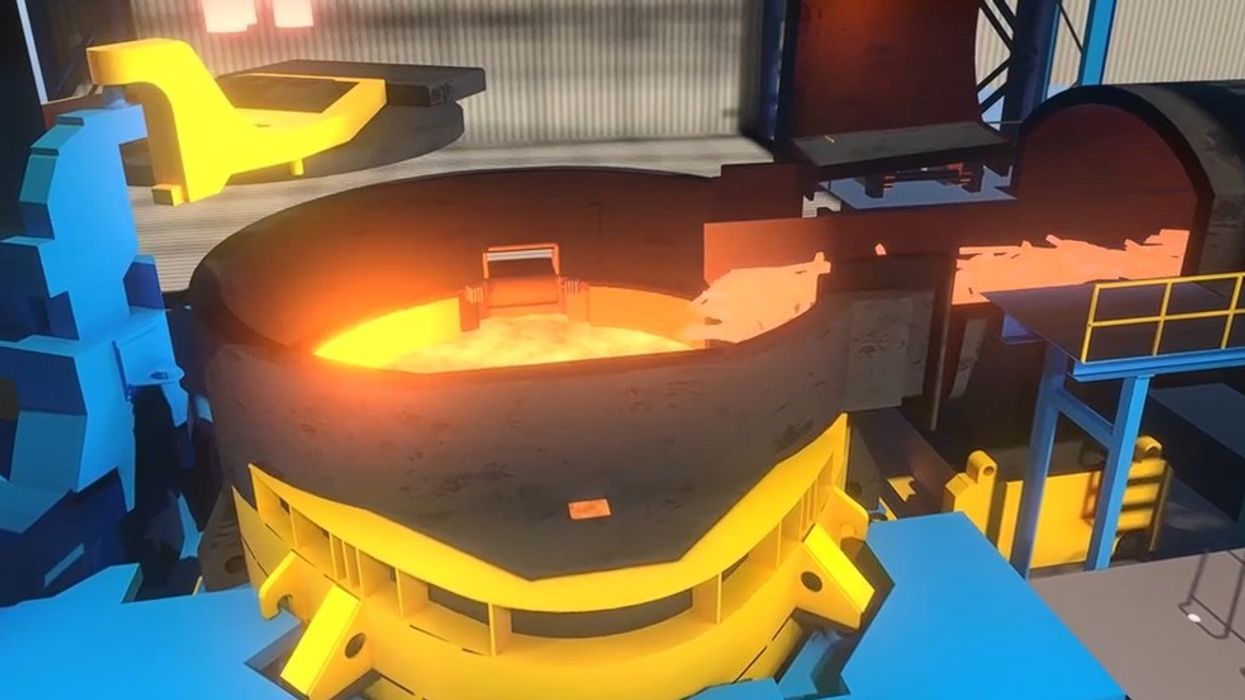TATA STEEL UK has started construction of a new Electric Arc Furnace (EAF) at its Port Talbot site in South Wales. Tata Group chairman Natarajan Chandrasekaran marked the groundbreaking ceremony on July 14, joined by Tata Steel CEO and managing director TV Narendran and Tata Steel UK CEO Rajesh Nair.
The EAF project is part of Tata Steel UK’s £1.25 billion plan to transition to low-carbon steelmaking, backed by £500 million from the UK government. The furnace is expected to be commissioned by the end of 2027 and aims to reduce carbon emissions at Port Talbot by about 90 per cent, or 5 million tonnes of CO₂ annually. The project is expected to support 5,000 jobs.
“This is an important day for Tata Group, Tata Steel and for the UK,” said Mr Chandrasekaran. “Today’s groundbreaking marks not just the beginning of a new Electric Arc Furnace, but a new era for sustainable manufacturing in Britain. At Port Talbot, we are building the foundations of a cleaner, greener future, supporting jobs, driving innovation, and demonstrating our commitment to responsible industry leadership.”
Business secretary Jonathan Reynolds said: “This is our Industrial Strategy in action and is great news for Welsh steelmaking backing this crucial Welsh industry, which will give certainty to local communities and thousands of local jobs for years to come.”
Wales Secretary Jo Stevens said: “The UK Government acted decisively to ensure that steelmaking in Port Talbot will continue for generations to come, backing Tata Steel with £500 million to secure its future in the town.”
The Port Talbot EAF will produce up to 3 million tonnes of steel per year using UK-sourced scrap. Construction is being led by Sir Robert McAlpine, with support from regional contractors and technology providers including Tenova, ABB, and Clecim.





